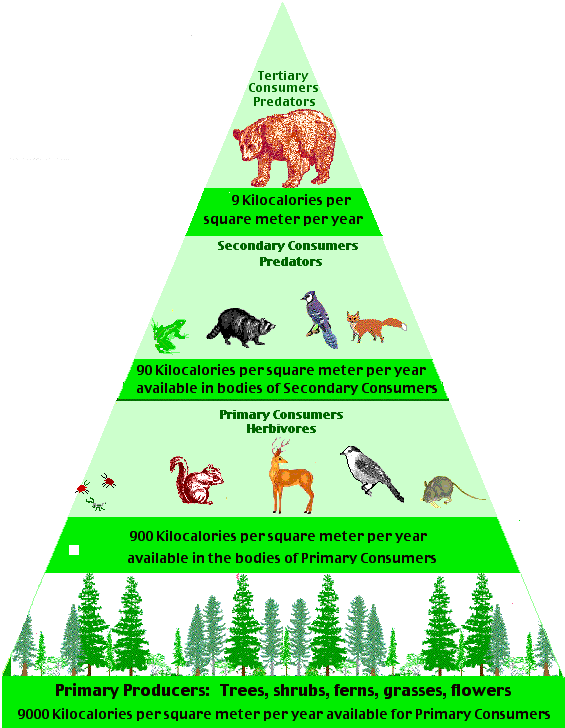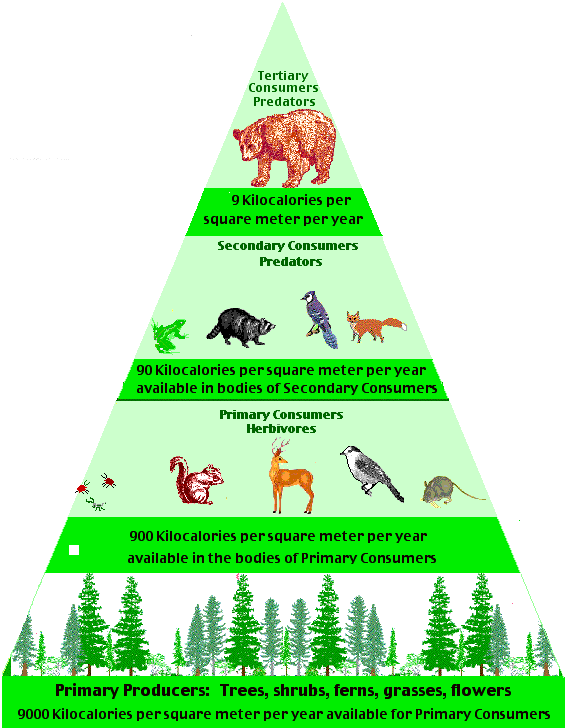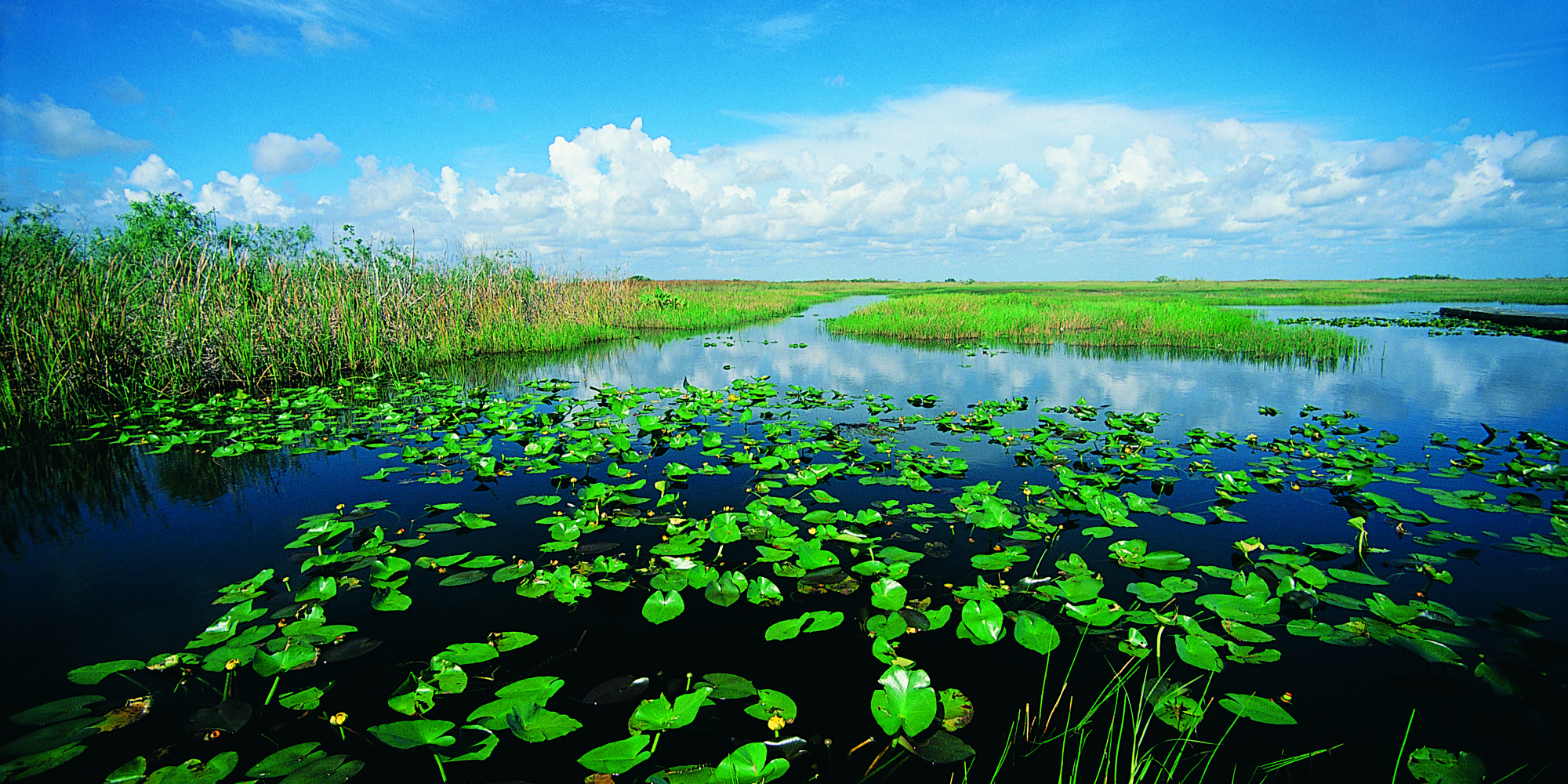
http://www.awpagesociety.com/wp-content/uploads/2015/04/EarthDay.jpg
"Recognize that all beings are interdependent.." The very first principle of the Earth Charter is about respect. This quote demonstrates how we depend on plants and other animals just as much as they depend on us. Sparking memories of the discussion in class, I though of how we drew the pyramid of animals from a reading, starting with the soil, and leading all the way to humans. This was not saying that we were dominant, but it displayed the message similar to the very first principle of the Earth Charter; we are all equal and depend on one another. If one tier were to be taken out, all of the other tiers would crumple, or overgrow, hindering the neighboring tiers. This also demonstrates a balance we need to be aware of to "transmit to future generations values, traditions, and institutions.."

http://www.edquest.ca/notesimages/foodpyramid.gif
Ecological Integrity
"Manage the use of renewable resources.." Brown's Plan B 4.0 has definitely been making it's presence known throughout my time in Colloquium. Ecological Integrity is meant to protect Earth;s ecological systems, very similar to the ideas and beliefs Brown shares in Ch.8 Restoring the Earth. This earth Charter recognizes that endangered species and ecosystems need to be revived, and that to prevent further tragedies we must manage the use of our resources. Brown details this and how we can specifically take matters into our own hands for the betterment of the environment and to prevent harm.
"Manage the use of renewable resources.." Brown's Plan B 4.0 has definitely been making it's presence known throughout my time in Colloquium. Ecological Integrity is meant to protect Earth;s ecological systems, very similar to the ideas and beliefs Brown shares in Ch.8 Restoring the Earth. This earth Charter recognizes that endangered species and ecosystems need to be revived, and that to prevent further tragedies we must manage the use of our resources. Brown details this and how we can specifically take matters into our own hands for the betterment of the environment and to prevent harm.

http://transitionvoice.com/wp-content/uploads/2011/04/EARTH_mother.jpg
Social and Economic Justice

"Empower every human being with the education and resources to secure a sustainable livelihood..."We saw of this when we visited the Coalition of Immokalee Workers. This organization demonstrates the principle of social and economic justice by fighting for workers rights to more pay for the hard work they are doing. I'm glad that I am able to witness an example of this principle being addressed, especially in my local area as they try to eradicate poverty.Social and economic justice also mentioned that human beings should be exposed to the education and resources to live sustainably, and I feel that the entire concept of Colloquium fits within all of these principles, but III specifically because it also points out that young people should have this education in order to create sustainable communities.

http://beautifultrouble.org/wp-content/uploads/Beautiful%20Trouble/CASE%20STUDY%20Taco%20Bell%20Boycott/CS_Taco%20Bell%20Boycott_buckets.jpg
Democracy, Non-Violence, and Peace
"Avoid or eliminate to the full extent possible the taking or destruction of non-targeted species..." This principle was demonstrated as we provided our service to the Gordon river Greenway. We planted species to not only beautify the area, but to also ensure that the other species, and those that are invasive do not take over the native ones. This also correlates with the idea of strengthening local communities, another concept under the principle of Democracy, non-violence, and peace. The Greenway had many residents walking or exercising along it, showing that they appreciate the beauty of the outdoors, and they really liked what we were providing to them!

http://mediaassets.naplesnews.com/photo/2014/11/05/1024_NCLO_DA_AERIAL311_1415208078713_9454290_ver1.0_640_480.jpg
















